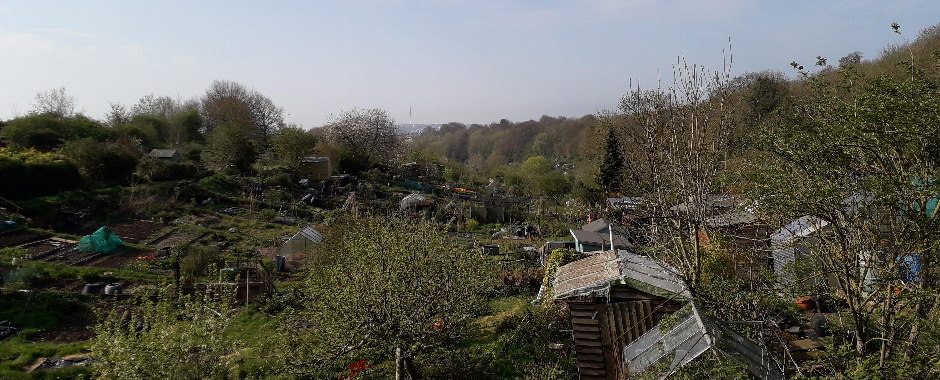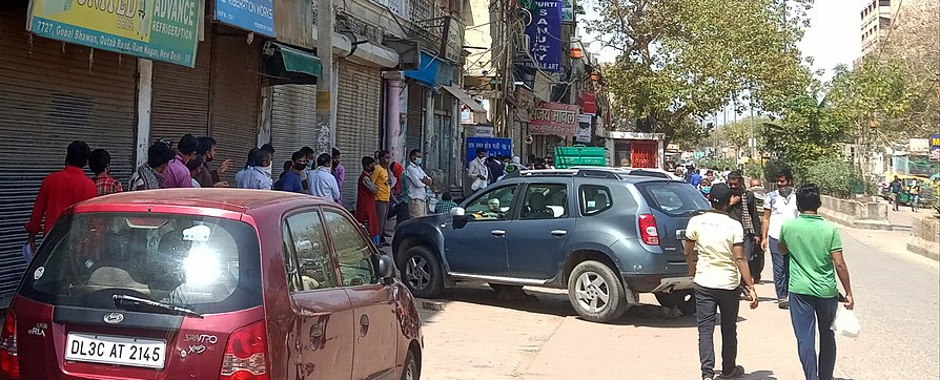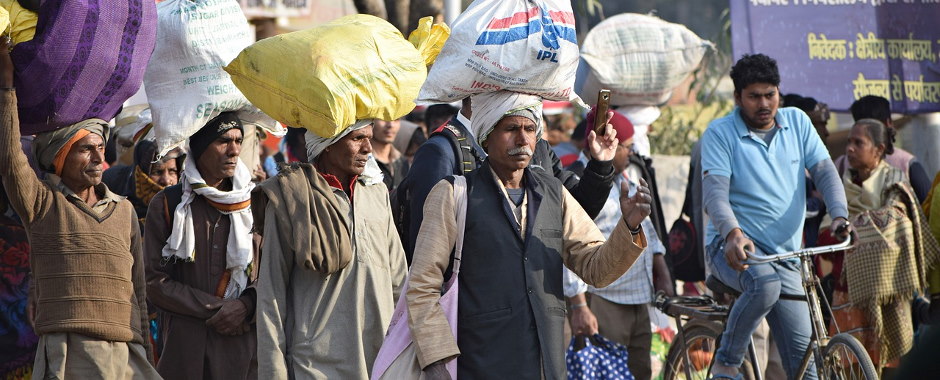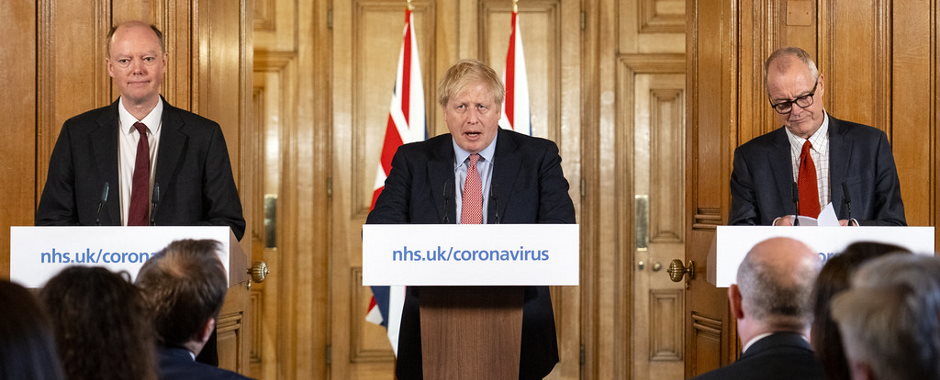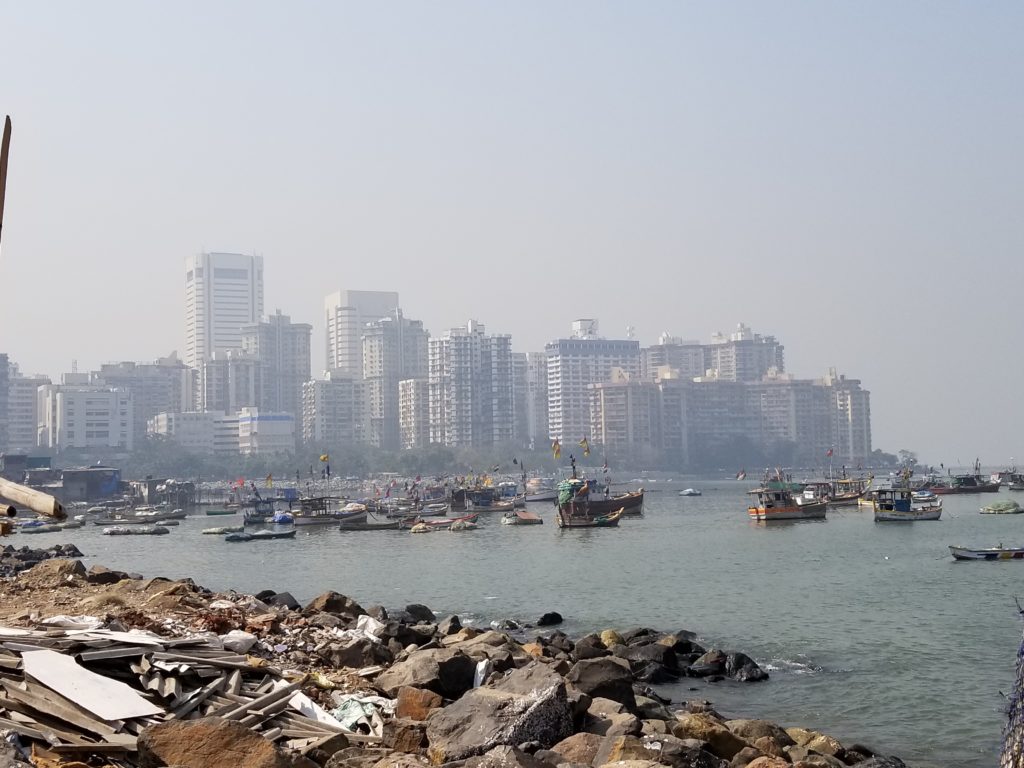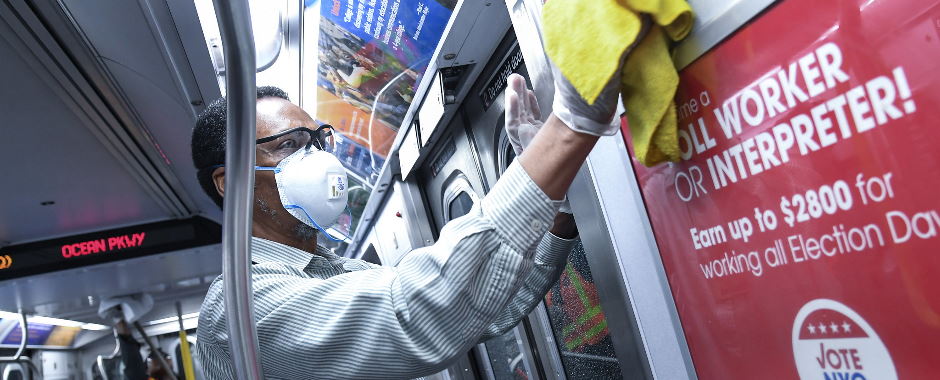As we approach the end of week 7 of the UK government’s Covid-19 social distancing measures, we have been witnessing a combination of remarkable efforts to sustain the country through…
Food in the time of Covid-19: how can local action and national coordination work together?
COVID-19, science and governance: lessons from India
by Dinesh Abrol, Ritu Priya and Pravin Kushwaha, South Asia Sustainability Hub The pandemic is global, but the response is local. In India, the first case of the 2019–20 coronavirus…
Five lessons from past global influenza outbreaks for COVID-19
The COVID-19 pandemic is a rare event in its scale and spread. But in responding to it, people have been looking at lessons from other outbreaks of infectious disease. What…
The COVID-19 pandemic shows how power produces poverty
by Saurabh Arora and Divya Sharma Responses by governments to the COVID-19 pandemic around the world reveal how poverty is produced by social power. The pandemic points, in particular, to…
Modernity Without its Clothes: the pandemic crisis shines a light on futilities of control
With so many self-appointed pundits (like me!) currently locked down with their laptops, the present rush of commentary on how to pivot the coronavirus crisis is hardly surprising. Beyond the…
Sharing knowledge instead of food: TAPESTRY at the Versova Koli Seafood Festival
The TAPESTRY project is working in three different sites across India, creating opportunities for interactions with communities in marginalised environments to co-produce transformative change in sustainable development. In this blog…
Post-normal pandemics: Why COVID-19 requires a new approach to science
Guest post by David Waltner-Toews1, Annibale Biggeri2, Bruna De Marchi3, Silvio Funtowicz3, Mario Giampietro4,5, Martin O’Connor6,7, Jerome R. Ravetz8, Andrea Saltelli3,9 and Jeroen P. van der Sluijs3,10 READ THIS ARTICLE…
Science, uncertainty and the COVID-19 response
One of the abiding images of the coronavirus (COVID-19) outbreak in the UK has been the Prime Minister, Boris Johnson, looking nervous and uncomfortable, flanked by his scientific advisors at…
Claiming space: infrastructure, uncertainty and fisherfolks’ livelihoods in Mumbai
Blog post by Synne Movik and Hans Nicolai Adam (from the TAPESTRY project team) The coastal mega-city of Mumbai is a vibrant bustling hub, home to some 20 million people…
Should we treat the climate crisis like coronavirus?
Why don’t we respond to climate change with the same urgency as coronavirus? The Guardian writer Owen Jones asked this in a new column, making the case that the impacts…
